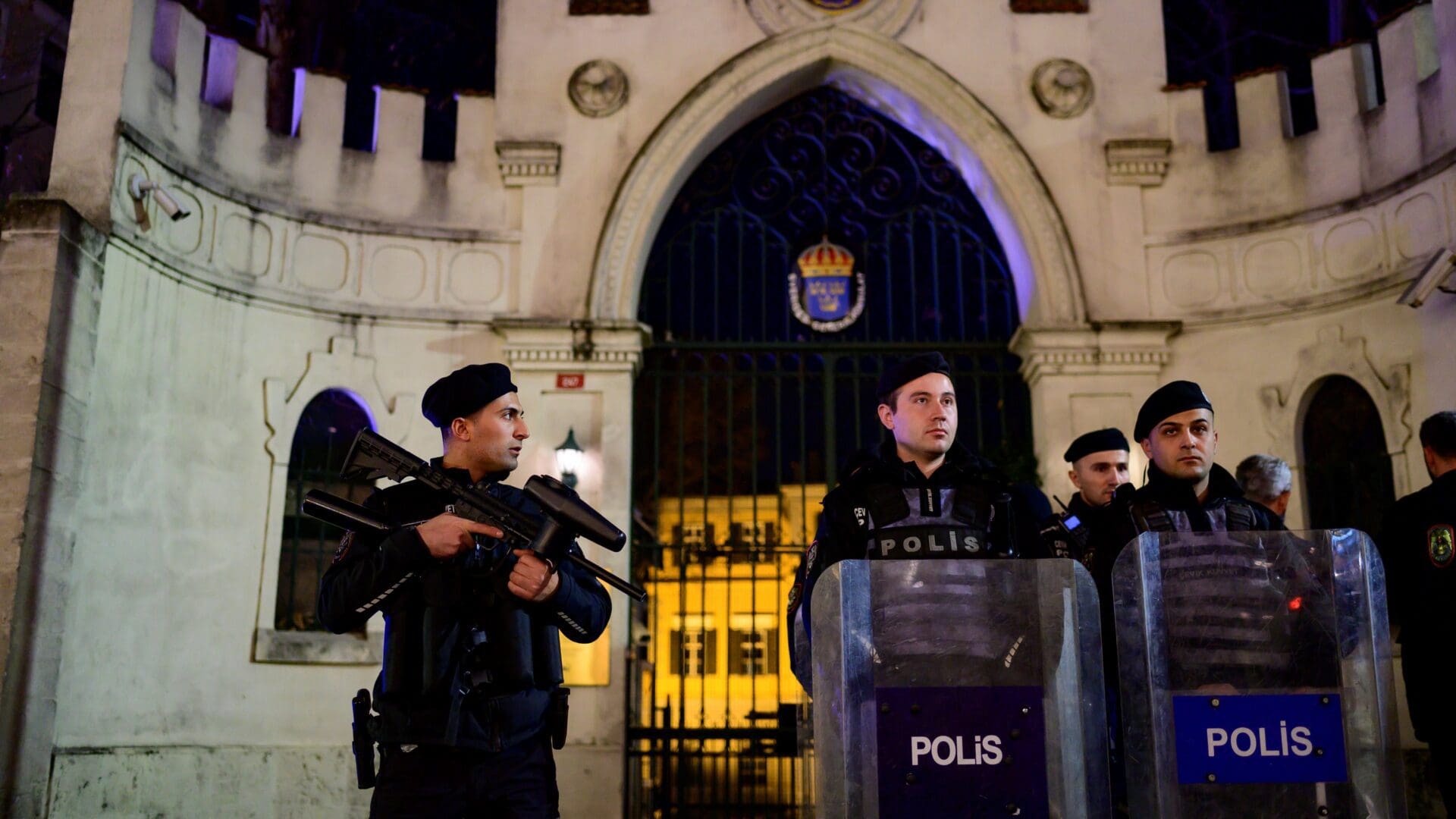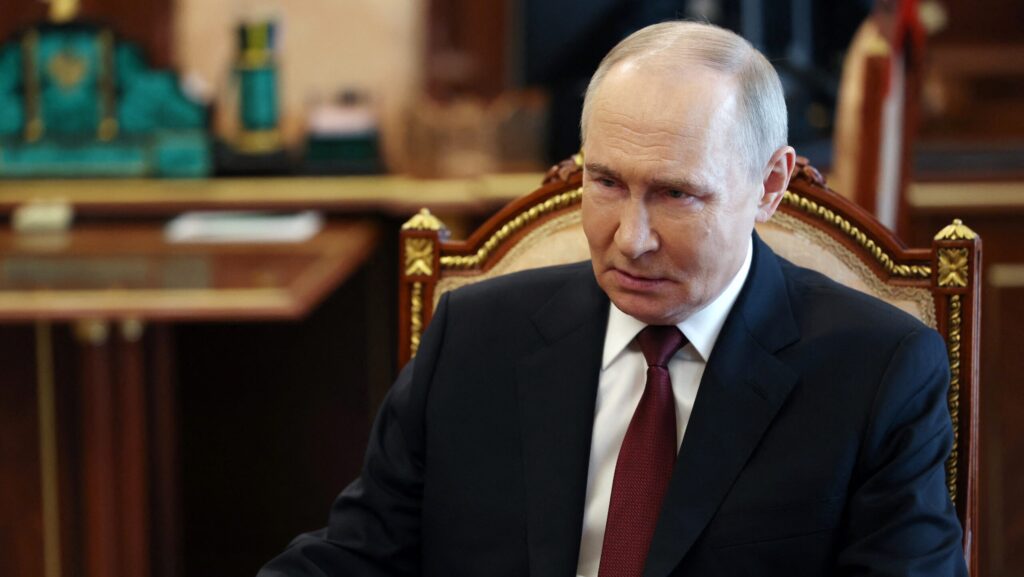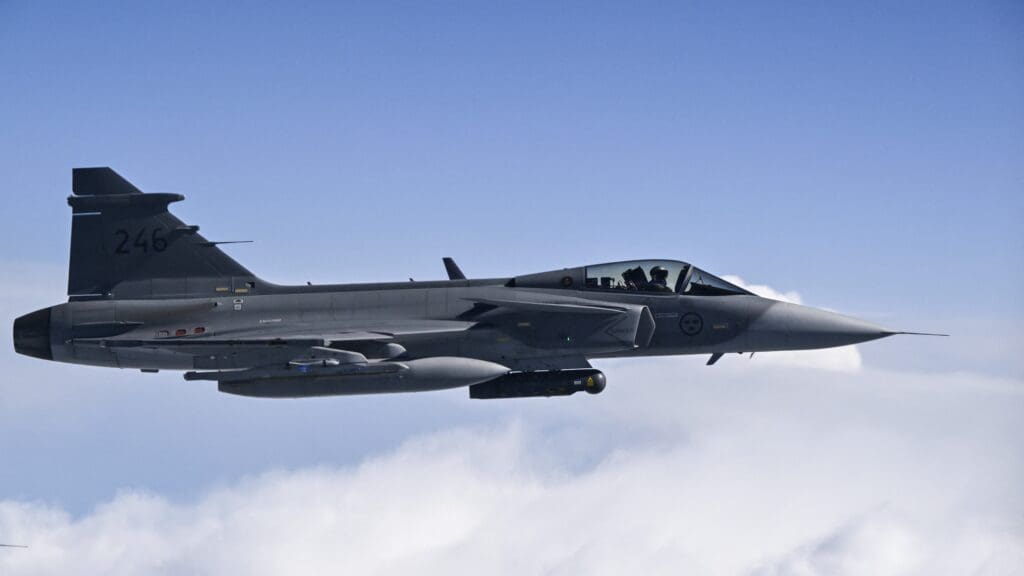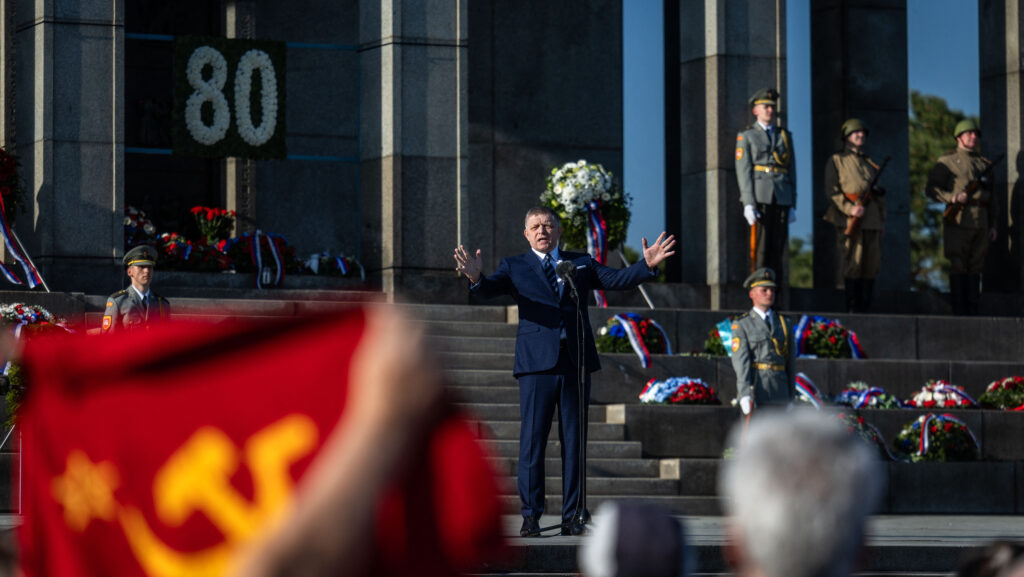Following weekend protests in Stockholm by anti-Islam activists and pro-Kurdish groups, Turkey’s president warned Sweden not to expect support for its application for membership in the military alliance and seriously questioned NATO’s expansion on Monday. The burning of the Quran by Rasmus Paludan at the protest was denounced by President Recep Tayyip Erdogan. He was especially furious with the Swedish government for allowing the protest to take place in front of the Turkish Embassy in Stockholm while it was being protected by security personnel.
When asked about the weekend protests, Erdogan said: ‘It is clear that those who allowed such vileness to take place in front of our embassy can no longer expect any charity from us regarding their NATO membership application.’ He added that Sweden should have considered the repercussions of allowing Paludan’s demonstration.
After Sweden and Finland abandoned their long-standing military nonalignment policy in response to Russia’s assault on Ukraine, they were on the verge of joining NATO, but disagreements with Turkey and incidents in Sweden have stalled the process. the burning of Islam’s sacred book, shortly after the hanging of an effigy of Erdogan in the Swedish capital, infuriated people from all political backgrounds in Turkey.
Many analysts have commented that Russian President Vladimir Putin stands to gain from the delay in the expansion of the strongest military alliance in the world.
Erdogan also chastised Sweden for allowing pro-Kurdish protests in which participants displayed flags of different Kurdish organisations, including the Kurdistan Workers’ Party (PKK), which has been engaged in an ongoing conflict with Turkey. While Sweden does not forbid the public use of PKK symbols, the party is regarded as a terrorist organisation by Turkey, the European Union, and the United States. ‘So you will let terrorist groups wreak havoc on your avenues and streets and then expect our support for getting into NATO. That’s not happening,’ Erdogan declared. He said Sweden ‘will not see any support from us on the NATO issue’ if it does not respect Muslims’ or NATO member Turkey.
Swedish officials have emphasised that although inciting violence or using hate speech is prohibited, people have a wide range of rights under the Swedish Constitution to freely express their opinions. Demonstrators are required to request a permit from the police for a public gathering. Only in extraordinary cases, such as when there are dangers to the public’s safety, can police deny such permits. Top Swedish politicians have criticised Paludan’s acts as disrespectful and distanced themselves from them, but noted that freedom of expression is essential to democracy.
Swedish media has suggested that Moscow may be behind the Saturday protest.
Swedish journalist Chang Frick, who is affiliated with Russian Russia Today, apparently paid Paludan to publicly burn the Quran, and paid the fee for the demonstration permit. Paludan confirmed to the press that the idea of burning the Quran had been proposed by Frick.
The far-right party of Paludan, a Swedish-Danish anti-Islam activist, has not been successful in gaining any seats in national, regional, or municipal elections in Denmark. Stram Kurs (Hard Line) only garnered 156 votes across the country in Denmark’s parliamentary election last year.








